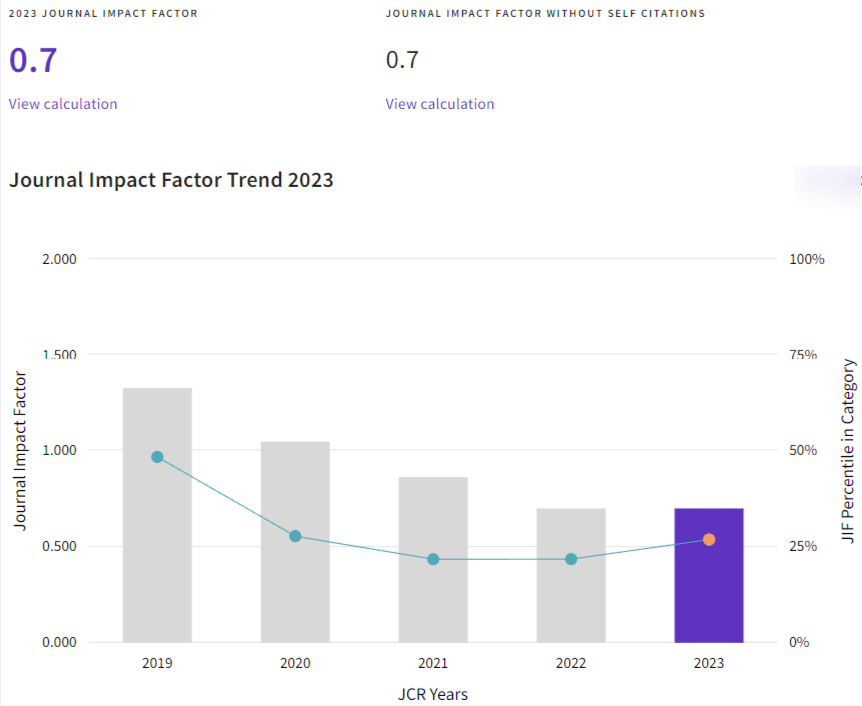Evaluation of the polymerase chain reaction test (PCR), for the diagnosis of bovine brucellosis
Keywords:
RB51 Vaccine, BrucellosisAbstract
Brucellosis is a zoonotic disease with a strong economic impact. It is also a serious public health issue. In Mexico, the official diagnosis is made by serology, using the card, rivanol, and complement fixation tests. Nevertheless, Brucella spp. isolation and characterization remain as the diagnostic gold standard. In this study the polymerase chain reaction (PCR) technique was compared with bacteriology and serology in the diagnosis of bovine brucellosis. A total of 51 blood/milk samples were collected from two herds with positive brucellosis history. Of these 51 samples 24 were negative to serological, bacteriological and PCR tests, 11 were positive to all tests, six were positive to both serology and PCR, one was positive to both serology and bacteriology, and 9 were positive to serology. From the 12 positive isolations, a sample was taken for PCR. Amplification was obtained in 100 % of these cultures. Results show that the proportional detection of positive animals by PCR was higher than isolation (P<0.05). Therefore PCR can be a very useful tool in the detection of brucellosis in milk samples. PCR from pure cultures has a 100 % sensitivity, and it can be used either in the detection of Brucella, or in discriminating between vaccine and field strains.Downloads
Downloads
Published
How to Cite
-
Abstract1141
-
PDF (Español)625
Issue
Section
License

This work is licensed under a Creative Commons Attribution-NonCommercial-ShareAlike 4.0 International License.





